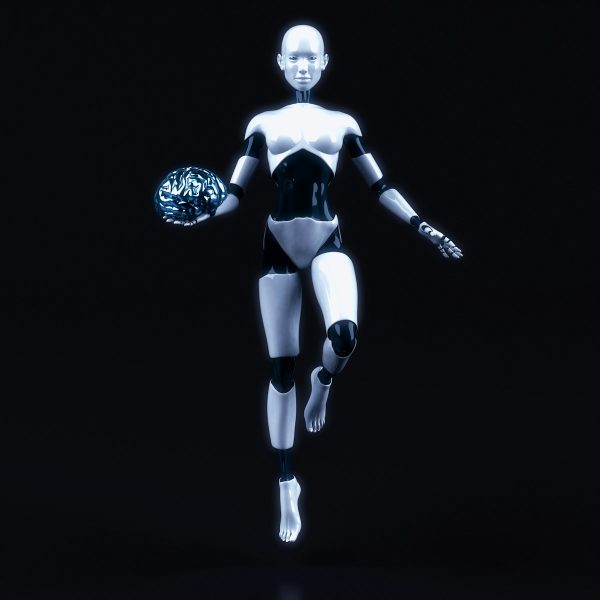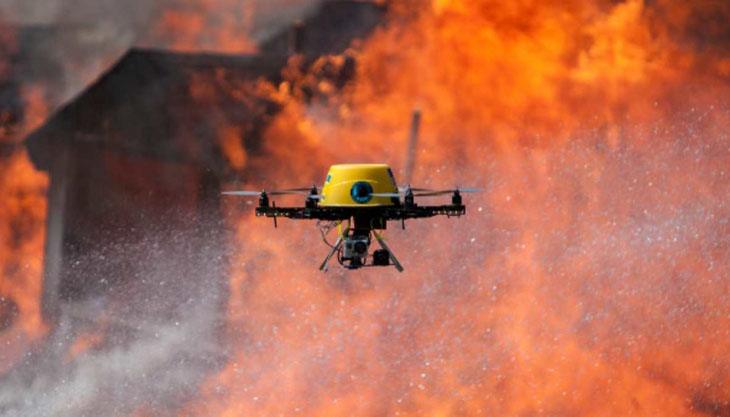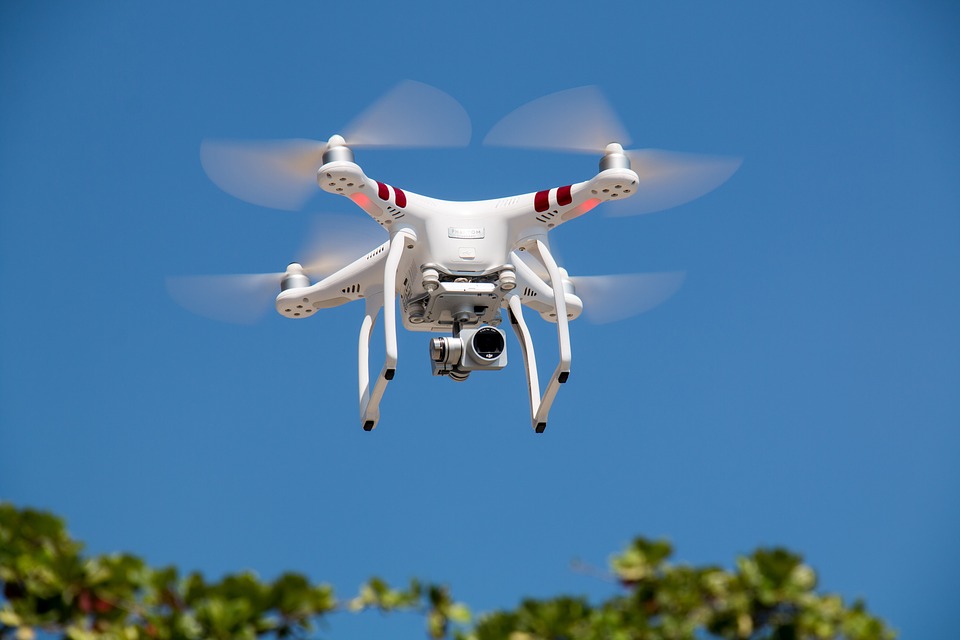Introduction
Artificial Intelligence (AI) is transforming child development by providing tailored educational experiences that cater to individual learning needs. AI-driven applications can adapt to each child’s pace, making learning more engaging and effective. From interactive games that boost cognitive skills to virtual tutors offering additional support, AI fosters enjoyable and impactful learning environments. Moreover, it helps parents and educators track developmental milestones and identify learning disabilities early, enabling targeted interventions. Ultimately, when used thoughtfully, AI can significantly enrich child development and empower future generations.
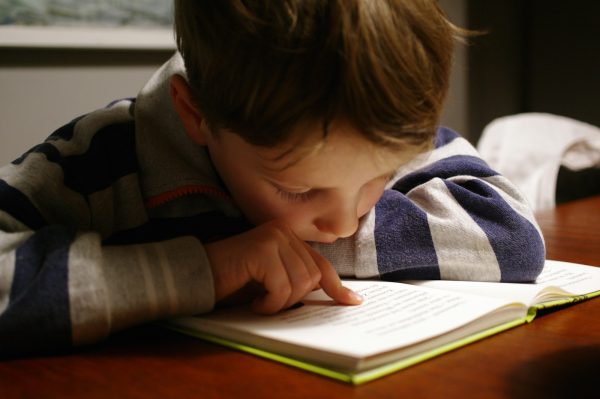 How can AI help child development?
How can AI help child development?
AI can play a wonderful role in child development by offering personalized learning experiences that cater to each child’s unique needs. With adaptive apps and games, it helps children build skills in a fun and helpful way, while also allowing parents and teachers to track progress. By creating a supportive and interactive environment, AI can foster creativity, curiosity, and confidence, making learning feel like an exciting adventure.
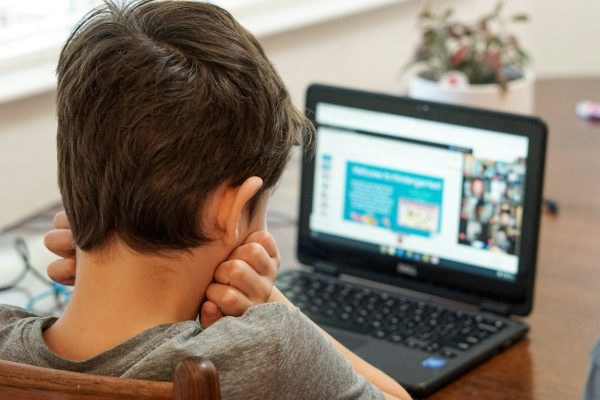
How AI is bad for child development
AI, while having many good benefits that children get to take advantage of, does have drawbacks that can be harmful. Using AI tools in school can make the children depend on technology instead of learning the material themselves. Having people only use artificial intelligence can potentially make real intelligence a thing of the past.
Conclusion
In summary, AI’s influence on children is a double-edged sword that brings both exciting possibilities and significant challenges. While it can make learning more engaging and personalized, we must also be mindful of the risks like screen overexposure and diminished social skills. To ensure that kids reap the benefits of AI without compromising their well-being, we need to strike a balance—encouraging healthy tech interactions while providing guidance and support. By doing so, we can help nurture a generation of thoughtful, engaged individuals ready to navigate a tech-driven world.
Related articles
https://www.gse.harvard.edu/ideas/edcast/24/10/impact-ai-childrens-development
https://decrypt.co/151434/ai-effects-on-kids-children
https://aimagazine.com/machine-learning/the-impact-of-artificial-intelligence-on-kids-and-teens
https://time.com/6216722/how-ai-tech-harms-children/
